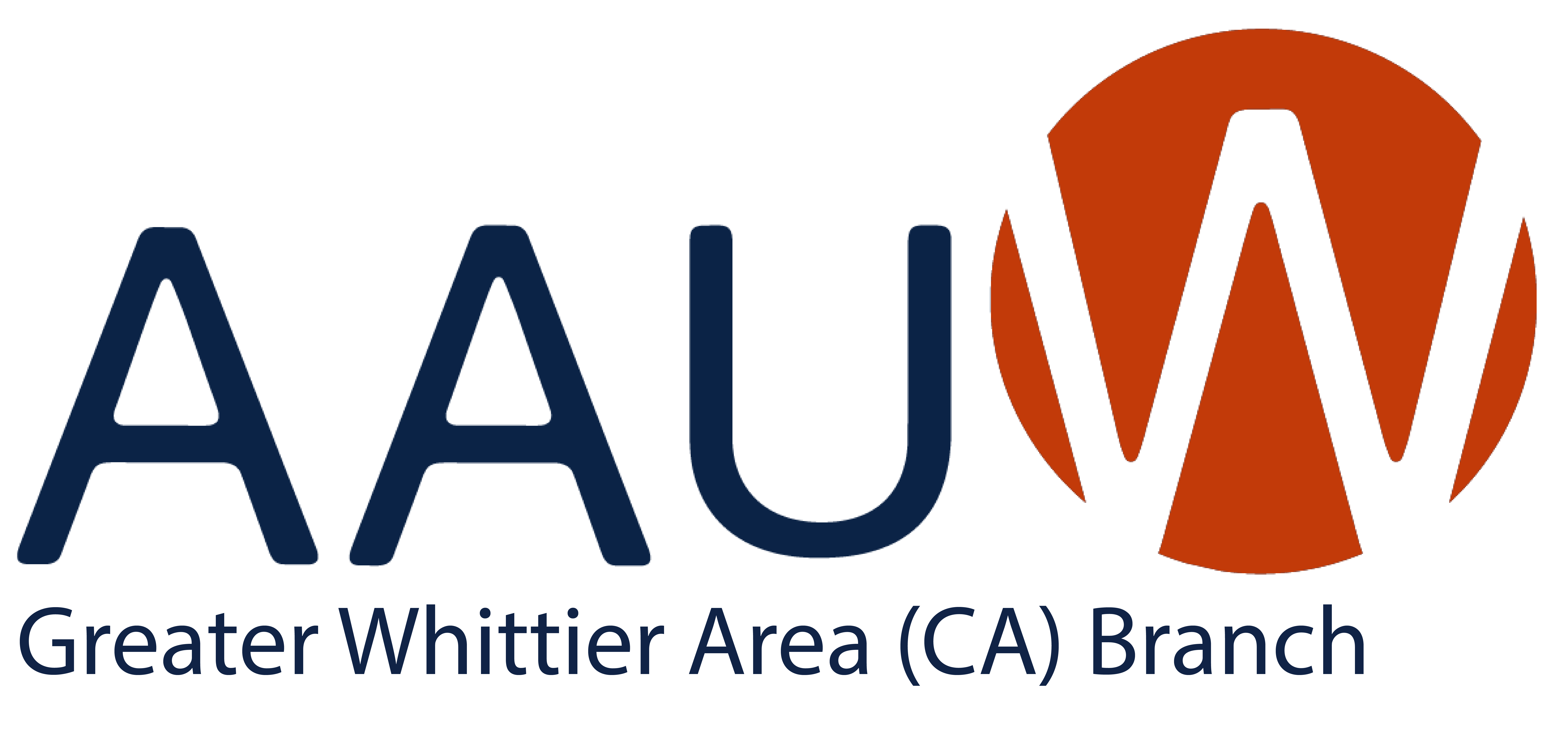PUBLIC POLICY
School Boards – The Overlooked Frontline of Democracy
By Kathi Harper, Chair, Public Policy School Board Project
Last month, Seena Trigas from the Public Policy School Board Project team, submitted an excellent article reminding members of the crucial role that public education plays in our democracy. The current – and seemingly never-ending – assaults on that institution gave rise to the School Board Project, which is now entering its third year.
When we started this project, our main focus initially was to encourage members to actively participate in identifying, recruiting and supporting candidates to run for school boards whose education values were in line with ours at AAUW California. For a number of reasons, our focus shifted to an emphasis on encouraging and training members to attend school board meetings and let us know what they are seeing in their districts. We had a remarkable response, and we want to thank all our members who have answered that call.
As we enter our 3rd iteration of the project, we want to continue that momentum, but narrow the scope to watching for and speaking out against violations of California’s protective laws; add a new component of learning how to make a greater impact by working in coalition with other public education supportive organizations; and swing back to where we started with re-engaging and increasing our efforts to ensure district board majorities that support all students and the free flow of ideas. In this last regard, we have recently discovered an organization called the School Board Integrity Project, and I can’t say it better than their Executive Director, Kyrstin Schuette, as stated in an Op-Ed she wrote on September 3, 2025 in The Courier:
“The redistricting battle is important and we shouldn’t minimize it, but it’s equally important that we pursue local pathways to power to protect our families and our neighbors from the extremism sweeping our country. The solution lies in recruiting, training, and electing school board members who will practice good governance, pursue academic freedom and excellence, and foster schools where every student belongs.”
You can read Kyrstin’s full article here: Kyrstin Schuette: The Overlooked Frontline of Democracy, and learn more about her organization here: School Board Integrity Project. Front and center on their webpage you will find their tagline:
“The future we choose for our public schools is the future we choose for our country.”
Margo Reeg, Public Policy Chair
